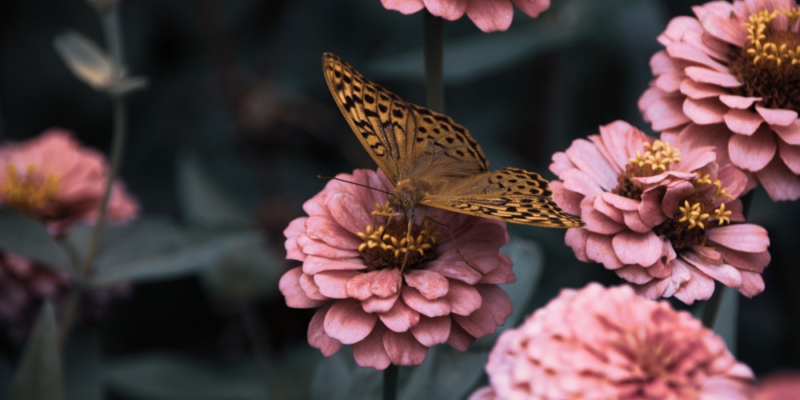
Helping Pollinators Thrive by Improving Habitat
What are pollinators?
Pollinators are bees, moths, butterflies, beetles, birds and bats that move pollen from flower to flower.
Why the increasing interest and popularity of pollinator gardens and meadows in recent years?
Over the past 30-plus years, large numbers of pollinators have died throughout the U.S. due to loss of habitat, invasive species and diseases, pesticides and changing climate. Numerous species of native bees, butterflies and moths are either extremely rare or have become extinct.
Without pollinators we wouldn’t have the wide variety of fruits, vegetables, chocolate and nuts that we enjoy eating. The cost of foods produced from pollinator dependent plants would increase with a decrease in the number of pollinators. Pollinators are responsible for one in every three bites of food we consume and they increase U.S. crop values by more than $50 billion annually.
What is Mahoning Soil & Water Conservation District doing to help pollinators thrive?
In partnership with the Rotary Club of Youngstown, SWCD is a founding member of Operation Pollination here in the Mahoning Valley with the goal to collaboratively and strategically protect and enhance pollinator species and their habitat on public and private lands.
We recently worked with the Ohio Department of Natural Resources Division of Forestry and Pheasants Forever on an inventory and evaluation site visit at a local township park with the hope to assist the park with conservation practices, including establishing pollinator habitat and weed control.
The district is also working with Boardman Glenwood Junior High School to advise students and teachers on the installation and maintenance of pollinator and rain gardens on the school’s campus.
This spring, the district will be planting demonstration gardens to determine the best plants for different types and sizes of pollinator gardens in Mahoning County. We will be offering public programs on planting and maintaining pollinator gardens using the district’s demonstration gardens. The dates and times of these programs will be announced in the coming weeks.
What can you do to help pollinators thrive?
You can help by increasing pollinator habitat by planting a pollinator garden or meadow on your property with native plants and avoid spraying the garden or meadow with pesticides and herbicides. Homeowners need to remember that municipalities have ordinances for tall grass and/or weeds that may place restrictions on the type and size of pollinator meadows or gardens you’re allowed to plant at your home.
For more information or questions about pollinator gardens, please contact Dr. Shane Smith at shane.smith@mahoningcountyoh.org or (330) 740-7995.
